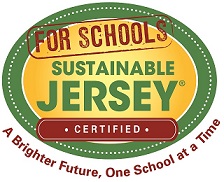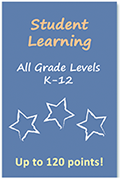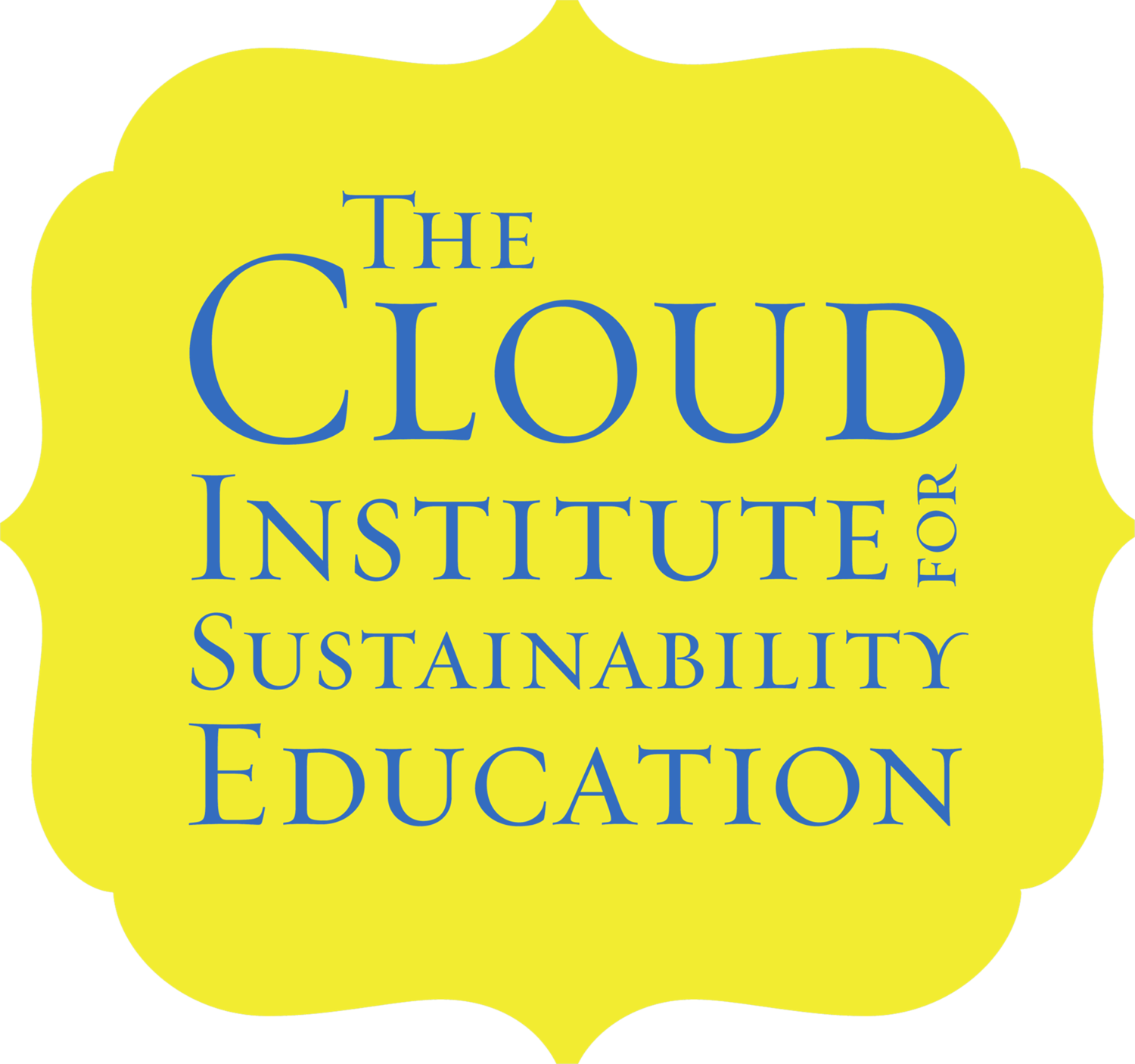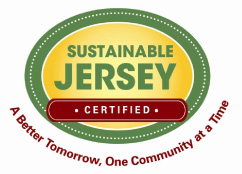Repost from: http://www.njfarmtoschool.org/wp-content/uploads/2014/01/2014-01NJF2S_News-03.html
Original Post Date: January 2014
What do you get when you put an inspiring technology into the hands of high school students? You get real life applications of 21st Century Skills which can be translated into job skills in industries related to agriculture and the sciences.
The Mobile Edible Wall Unit, better known as a "MEWU", which is pronounced "mee woo", is the invention of Green Living Technologies, a Rochester, New York-based company founded by New Jersey native, George Irwin. These walls are increasingly being used in schools for indoor school gardens, in school greenhouses and are broadening the biology and science related learning taking place in high schools that have them.
We first heard about MEWUs from teacher Steve Ritz, who was the keynote speaker at the Green Schools Alliance Conference in New York a few years back. Steve was using the walls in his classroom at the time at Discovery High School in the Bronx. His students were keenly interested in the hands-on applications the walls provided and were seeing first hand what the technological applications were for growing plants and food. Fast forward to 2014 and some of these same students continue to be hired to work on professional job sites, using the skills they gained while incorporating Green Living Technologies' educational programs into their day to day class instruction.
Here in New Jersey, the first school to purchase a MEWU was Monroe Township High School, where Nancy Mitrocsak, the food service director for the district, learned about the walls through the New Jersey Farm to School Network and went on a mission to find funding to bring them to the high school. With the support of District Supervisor of Sciences and Social Studies, Bonnie Burke-Casaletto, the school incorporated the walls into their expanded greenhouse program and teacher Christian Jessop and his students have been using them ever since. In a recent email exchange, the team updated us on their progress, "As a quick and exciting update-we're collaborating with Helen in our Food Service department to harvest a complete wall of basil! It looks and smells wonderful and Mr. Jessop has done much under tough weather conditions during our holiday break to keep our student-created growth projects thriving on-site. Things are green and flourishing."
Meanwhile, at South Hunterdon High School in Tiffany Morey's Floral Design Class, FFA (Future Farmers of America) student Mitchell Haug contributed the following report about the use of a MEWU with fellow students Charles McDaniel, Patrick Charles, Collin Leary, and Isaiah Jones.
"Ever since we unloaded the Green Wall that was loaned to us by New Jersey Farm To School on December 6th and set it up in our Ag Shop, it's been nothing but good times. From packing the boxes with soil to seeding, watering, and overcoming a few engineering challenges, the Wall has provided us with a challenging yet rewarding learning experience.
As the five guys in the floral design class, we weren't always as excited when it came to putting together centerpieces or assembling corsages and boutonnieres, but we did all share a passion for agriculture. When our advisor came to us with the offer that we could use class time to grow and take care of plants in an innovative way, we were thrilled. It wasn't long before we were putting together the wall and loading it up with soil.
Since then we have seen promising results. While there were some early issues with a water recycling system and soil erosion, these issues have since been resolved and we have begun to see germination and the beginnings of life. We currently have six varieties of lettuce planted that we plan to use in the school's cafeteria and culinary classes. We look forward to continuing with the wall and seeing what we can produce!"
To learn more about the Mobile Edible Wall Unit, click here. Green Living Technologies and the New Jersey Farm to School Network are collaborating on a program to bring more MEWUs into New Jersey schools. If your school or district is interested in learning more, please email us at info@njfarmtoschool.org and put MEWU in the subject line.
 Sustainable Jersey for Schools is a certification program for New Jersey public schools that want to go green, conserve resources and take steps to create a brighter future, one school at a time. www.sustainablejerseyschools.com
Sustainable Jersey for Schools is a certification program for New Jersey public schools that want to go green, conserve resources and take steps to create a brighter future, one school at a time. www.sustainablejerseyschools.com

